Certified AI in Retail Specialist
Length: 2 days

The Certified AI in Retail Specialist Certification Course by Tonex is designed to equip retail professionals with the knowledge and skills to leverage artificial intelligence (AI) to enhance various aspects of retail operations.
This comprehensive course covers the application of AI in personalized customer experiences, inventory management, pricing and promotion optimization, chatbots and virtual assistants, and supply chain and logistics.
Participants will learn how to harness the power of AI to drive efficiency, improve customer satisfaction, and gain a competitive edge in the retail industry.
Learning Objectives:
By the end of this course, participants will be able to:
- Understand the fundamentals of AI and its relevance in the retail sector.
- Apply AI techniques to personalize customer experiences and improve engagement.
- Utilize predictive analytics for effective inventory management and demand forecasting.
- Optimize pricing strategies and promotional efforts using AI algorithms.
- Implement chatbots and virtual assistants to enhance customer service and streamline operations.
- Leverage AI to optimize supply chain and logistics processes, reducing costs and improving efficiency.
Target Audience:
- Retail Managers and Executives
- Marketing and Sales Professionals
- Supply Chain and Logistics Managers
- Data Analysts and Data Scientists in Retail
- IT Professionals and System Integrators
- Anyone interested in the application of AI in the retail industry
Program Modules:
Module 1: AI for Personalized Customer Experiences
- Understanding Customer Behavior with AI
- Personalized Recommendations and Content
- Customer Segmentation using AI
- Enhancing Customer Loyalty with AI
- AI-driven Customer Journey Mapping
- Case Studies and Best Practices
Module 2: Predictive Analytics for Inventory Management
- Fundamentals of Predictive Analytics
- Demand Forecasting Techniques
- Inventory Optimization Models
- AI in Stock Replenishment
- Reducing Stockouts and Overstocks with AI
- Real-world Applications and Success Stories
Module 3: AI in Pricing and Promotion Optimization
- Introduction to AI in Pricing Strategies
- Dynamic Pricing Models
- AI for Promotion Effectiveness Analysis
- Price Elasticity and AI
- Personalized Offers and Discounts
- Case Studies on AI-driven Pricing and Promotions
Module 4: Chatbots and Virtual Assistants in Retail
- Overview of Chatbots and Virtual Assistants
- AI-powered Customer Support
- Chatbot Design and Implementation
- Natural Language Processing (NLP) in Retail
- Enhancing User Experience with AI
- Success Stories of Chatbots in Retail
Module 5: AI for Supply Chain and Logistics
- AI in Supply Chain Optimization
- Predictive Maintenance with AI
- AI for Demand and Supply Planning
- Logistics and Transportation Management
- Reducing Operational Costs with AI
- Case Studies on AI in Supply Chain
This course offers a blend of theoretical knowledge and practical applications, ensuring participants are well-equipped to implement AI strategies effectively in their retail operations. Join us to become a Certified AI in Retail Specialist and lead the transformation of the retail industry with cutting-edge AI technologies.
Exam and Certification Details
Exam Domains:
- Industry-Specific AI Applications: Understanding the unique applications and benefits of AI in the respective industry.
- AI Tools and Techniques: Knowledge of AI tools, techniques, and technologies used in the industry.
- Implementation Strategies: Skills in implementing AI solutions within industry-specific contexts.
- Regulatory and Ethical Considerations: Understanding the regulatory and ethical implications of AI in the industry.
- Case Studies and Best Practices: Analyzing real-world examples and best practices of AI implementation.
Question Types:
- Multiple Choice Questions (MCQs): Questions with four or more answer choices, where only one is correct.
- Multiple Select Questions: Questions with multiple correct answers out of a list of options.
- True/False Questions: Questions that require the candidate to determine if a statement is true or false.
- Scenario-Based Questions: Questions that present a hypothetical scenario and ask the candidate to apply their knowledge to solve a problem or make a decision.
- Drag-and-Drop Questions: Interactive questions where candidates drag and drop items to match, sort, or rank them correctly.
- Simulation Questions: Questions that require candidates to perform tasks or troubleshoot problems in a simulated environment.
Passing Criteria:
- Minimum Passing Score: Candidates must score at least 70% on the exam to pass.
- Sectional Cutoff: Candidates must achieve a minimum score of 60% in each exam domain to ensure a balanced understanding of all key areas.
- Time Limit: The exam must be completed within 3 hours. Candidates are encouraged to manage their time effectively across all sections.
